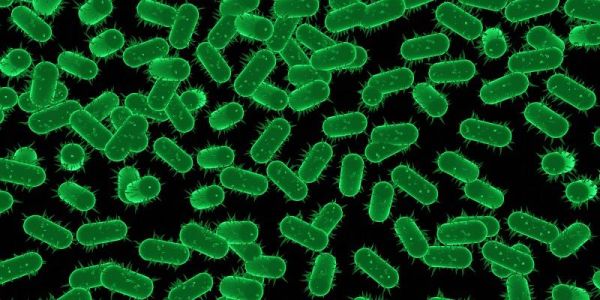
Meet Africa’s first pygmy seahorse species
An international research team has discovered a new pygmy seahorse species in Sodwana Bay in South Africa, the first of its kind to be found in the waters around the continent.

An international research team has discovered a new pygmy seahorse species in Sodwana Bay in South Africa, the first of its kind to be found in the waters around the continent.

Weather forecasters in Africa are getting access to satellite data that will allow them to track the path and severity of developing storms – and reduce the death toll from extreme weather events.

Educational status appears to have positive influence on a healthy diet, particularly in low income countries, according to new research examining European nutritional data.

Scientists have used the principles that guide a mosquito’s nocturnal flight to develop a quadcopter equipped with an elegant collision-avoidance sensory system.

Experts from the University of Leeds are advising the Government on the covid-19 pandemic, including as members of influential scientific panels.

Scientists have identified a key process in the way bacteria protect themselves from attack - and it heralds a new strategy in the hunt for antibiotics.

Scientists have – for the first time – shown how chemical triggers in the nervous system can amplify the pain experienced by mammals in response to certain stimuli.

A global collaboration of scientists has more than doubled the known number of regions on the human genome that influence the risk of developing melanoma.

Three University of Leeds researchers are recipients of flagship fellowships aimed at addressing global challenges.

A new study reveals that proper management of coral reefs can help achieve the multiple goals needed to sustain these ecosystems but management effectiveness is dependant on the reef’s location.